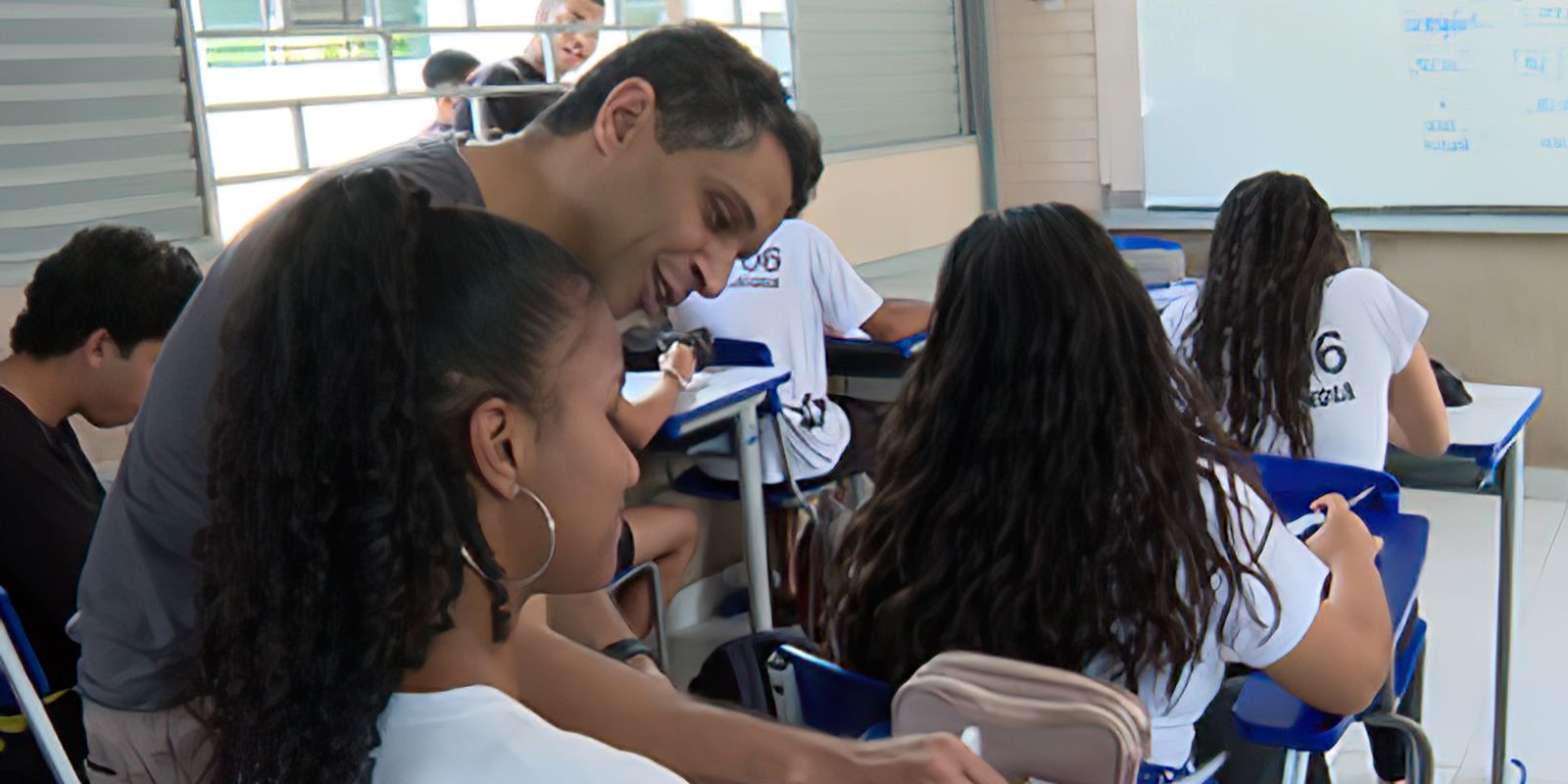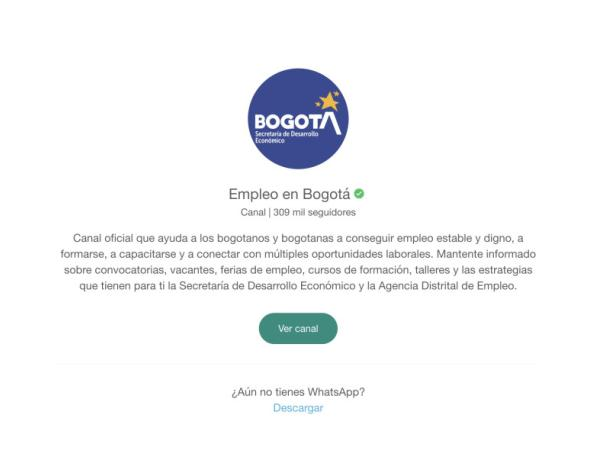The Constitution, Justice and Citizenship Committee (CCJ) of the Chamber of Deputies approved, conclusively, this Wednesday (11), the Bill 104/2015which restricts the use of portable electronic devices, especially cell phones, in classrooms in public and private primary and secondary education establishments.
Forty-five members of the collegiate voted in favor of the opinion of the proposal’s rapporteur, federal deputy Renan Ferreirinha (PSD-RJ). Another 14 parliamentarians voted against the initiative, which proposes a ban on the use of electronic devices in the classroom, during breaks between classes and even during recess.
The text now goes to the Senate for consideration. If approved as forwarded by federal deputies, it will allow the use of electronic devices in a school environment only for pedagogical purposes, with the supervision of educators. Students will also be able to use equipment when it is essential to ensure accessibility or inclusion; meet health conditions or guarantee the fundamental rights of students.
For Ferreirinha, the proposal remains “necessary and appropriate”, even though presented nine years ago, by federal deputy Alceu Moreira (MDB-RS). “We need to move forward with this issue. The use of cell phones indiscriminately, without rules, destroys our children’s attention span. And every time a child receives a notification in the classroom, it’s as if they leave that environment. And when this happens during recess, she is not present”, stated the rapporteur, when recounting his experience with the topic, as Rio de Janeiro’s municipal secretary of Education.
Ferreirinha says that the measure was implemented in the city of Rio de Janeiro since last year. “We had very good results. We noticed an increase in the focus and concentration of our students”, he guaranteed, defending the importance of limiting cell phone use not only as a way of better assimilating educational content, but also to stimulate social interactions. “ School is not only the place where children learn Portuguese, mathematics and science, it is also a place of social interaction where children learn to run, to fall and get up, to lose and win.
Author of the original project, to which other parliamentary proposals were added, federal deputy Alceu Moreira told what motivated him. “I did it as a grandfather. Because I’m not a teacher, but I thought: if the student talks to the classmate next to him, the teacher gets his attention, but if he has his cell phone screen open, on the internet, is that ok? What is the chance of the teacher passing on the content?”, commented Moreira, arguing that technological resources should be used to “complement the educational content”.
“Far from wanting to prohibit something in a police-like manner, we are wanting to discipline its use. Recess is a space for socialization. Who among us doesn’t have a memory of playtime, of our friends, of the day we fell and got hurt? How healthy will that be? We lost this to a cell phone screen”, Moreira pointed out.
Contraries
In her intervention, deputy Júlia Zanatta (PL-SC) summarized the arguments of parliamentarians against the project. “As I am in favor of giving more autonomy to states and municipalities, I see no need for us to debate this topic here, in Brasília. Especially because each state and municipality has its own reality”, argued Júlia, criticizing the proposal for “entering into public and private education” and what several deputies classified as State intrusion into individual or family decisions.
“Why not let schools set their rules? I understand the issue of cell phones versus learning, but I understand that this would have to be a rule for Brazilian families. Because, regardless of whether there is a national or state law, my daughter will follow my law, my rule”, added the parliamentarian.
For deputies opposed to the project, the initiative also takes away from students the only tool to record what they classify as “doctrinal practices” of some educators. “We see a lot of absurdities happening in the classroom. And the cell phone or any electronic equipment can also be a question of self-defense for the student who may be suffering cyberbullying”, argued Júlia. “Children and teenagers only have this weapon [celular] to protect themselves by filming an abuser in the classroom and putting [expondo o vídeo] in the world”, reinforced Bia Kicis (PL-DF).
Deputy Captain Alberto Neto (PL-AM) clashed with other right-wing parliamentarians. “Initially, I was against the project. After seeing the changes [do texto original]seeing that the concerns mentioned by right-wing deputies were resolved, I changed my opinion. Article 4 makes it very clear when it says that the student, to guarantee fundamental rights, will have the right to use their cell phone and film if the teacher is carrying out indoctrination”, commented Neto, referring to the section of the project that literally establishes the permission for the use of personal portable electronic devices by students, regardless of the teaching stage and location of use, whether inside or outside the classroom, for the following purposes: ensuring accessibility; ensure inclusion; meet the health conditions of students and guarantee fundamental rights.
“[O PL] brings this guarantee. Without [tornar o projeto em lei] the student is vulnerable because, today, he does not have this guarantee expressed in law, of filming the teacher”, assessed Neto, soon countered by deputy Chico Alencar (PSOL-RJ). “The project is sensible, balanced, good for our schools and for our education […] but I want to remember that the Federal Constitution has 12 articles on fundamental guarantees and ensures the free expression of thought, the inviolability of freedom of conscience and, in the education chapter, the freedom to learn and teach and research. There is, however, nothing about authorizing a student to record a teacher without authorization, even if hidden.”















